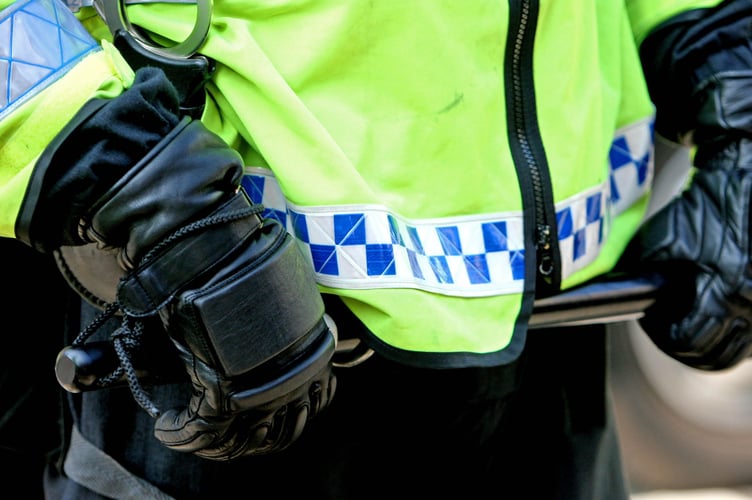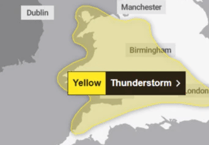Hampshire youngsters with a criminal record were more likely to reoffend than adults, new figures show.
It follows the overall trend in England and Wales, which prison reform campaigners said shows children who end up in prison are being failed by a system that offers little chance of education or rehabilitation.
Ministry of Justice figures for 2021 showed 96 of the 327 offenders in Hampshire aged 10 to 17 went on to reoffend within a year of being convicted or released from prison.
It meant the reoffending rate for youths stood at 29.4% – higher than the rate for adults, 19.7% of whom committed further offences.
Across England and Wales, 31.4% of juveniles reoffended in 2021, while 24.6% of adults did.
Andrew Neilson, director of campaigns at the Howard League for Penal Reform, said: “Children in the criminal justice system are some of the most vulnerable in society, often with histories of abuse and neglect. That is what leads them to commit crimes in the first place.
“Historically this means that those children have higher reoffending rates than adults, which partly reflects the fact that many people fortunately ‘grow out of’ crime.”
He added: “That said, there is no doubt that children who end up in prison are all too often being failed and accessing very little in the way of education or rehabilitation. Without support to help them out of crime, it can be no surprise if they go on to reoffend once released.”
The overall reoffending rate in Hampshire was 20.4% – less than in 2019, when it was 22.9%.
There were also regional differences recorded, with the highest rate seen in the North East (28.6%), while areas in the West Midlands had the lowest – 21.5%.
The South East had a reoffending rate of 22.3%.
Nick Emmerson, the president of the Law Society said: “Reoffending is yet another issue that is impacted by systemic underfunding of the criminal justice system”
“To succeed in reducing reoffending rates, there needs to be investment in rehabilitation, particularly in relation to literacy and addiction, and support for those who have offended because of reasons connected with their mental health.
“This investment is likely to pay for itself in terms of reduced crime, reduced numbers of cases coming into the courts and reduced pressure on prisons. It needs to be one part of an overall strategy of investing effectively throughout the system to create a justice system fit for the 21st century.”
Of the 1,021 reoffenders in Hampshire, the most (217) were found guilty of summary non-motoring offences. These can include common assault, breach of supervision requirements and breaking into a house.
A Ministry of Justice spokesperson said: “This Government is doing more than ever to support children and young people caught up in the justice system – investing millions into local services to help them get their lives back on track.
“At the same time, the number of children and young people entering the justice system has fallen by 78% over the last decade and – alongside the opening of our first Secure School next year - we are looking closely at what else can be done to improve support for young people both in and out of custody.”




